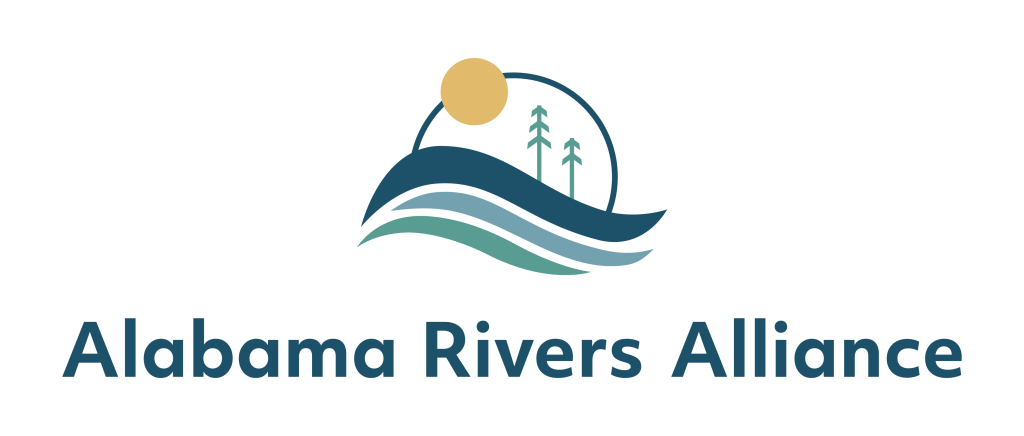Current Bills
The 2024 Legislative Session began on February 6 and ended May 9.
Click here to read Charles Miller’s start of session blog post, Click here to read Charles’s middle of session blog post. Click here to read about the City of Montgomery recognizing Rivers of Alabama Day. Click here to read Charles’s end of session recap.
ARA ACTIVELY SUPPORTS
- HB14 / SB45, The SHOR Act, sponsored by Representative Craig Lipscomb and Senator David Sessions. This bill did not pass in 2024.
- HB 434, sponsored by Representative Mike Shaw, which would designate the Alabama Shad as the official state migratory fish of Alabama. This bill did not pass in 2024.
ARA SUPPORTS
- HB 66 – sponsored by Rep. Chip Brown (R – Hollinger’s Island) and Senator David Sessions (R – Grand Bay) This bill requires the labeling of “imported” versus “domestic” for seafood at restaurants and grocery stores, as well as the designating of “wild-caught” versus “farm-raised” on all seafood sold. This bill passed and has become law!
- SB 39 – sponsored by Clyde Chambliss (R)
This bill expands on 2023’s dam safety legislation that created an opt-in dam safety program for privately owned dams. It opens the existing state dam safety program to include state-owned dams, primarily fishing lakes managed by the Department of Conservation and Natural Resources (DCNR). Alabama is the only state in the country without a comprehensive dam safety program, and this bill is a small step toward establishing one. This bill passed! - HB 215 – sponsored by Jennifer Fidler (R)
This bill makes permit fees for “living shorelines” the same as for traditional sea walls or bulkheads in Mobile and Baldwin Counties. Living shorelines are a method of using natural restoration techniques, incorporating native plants. These techniques allow natural coastal processes to continue to operate, while still protecting waterfront property from erosion and storms. This bill passed! - HB 422 – sponsored by Parker Moore (R)
This bill would prevent the construction of a quarry in the heart of the community of Belle Mina. The proposed quarry is directly across the street from the community’s post office, and within 500 yards of multiple homes and businesses. ARA has been working with community members to stop this quarry, and Rep. Moore’s bill is part of a broader effort to protect Belle Mina and Limestone Creek from this ill-considered proposal. This bill did not pass.
ARA OPPOSES
- SB 1 – sponsored by Garland Gudger (R)
This bill imposes new restrictions on assistance for absentee voter applications. Its proponents claimed that it was part of an effort to stop “ballot harvesting,” a debunked conspiracy theory that claims thousands of unauthorized votes have been counted in recent elections. Unfortunately due to a lack of clarity, the primary effect of this bill will be to discourage voters from seeking needed assistance with their absentee ballot applications. This bill has become law. - SB 129 – sponsored by Will Barfoot (R)
This bill prohibits public entities, including public schools, or contractors from engaging in efforts to promote diversity, equity and inclusion within or outside their organization. It might also ban college football. Like SB 1, this bill seems to be a solution in search of a problem, and creates a chilling effect relating to discussions of so-called divisive topics, like the history of race relations, and movements for social and economic change. This bill has become law.
- HB 250 – sponsored by Ben Robbins (R)
This bill would create a recycling credit that recyclers could sell. While increasing incentives for recycling is a fantastic way to keep waste out of our rivers and streams, outdated definitions of recycling in Alabama state law mean that these credits could be created by burning trash to create electricity and other practices that pollute rather than conserve. This bill did not pass!

